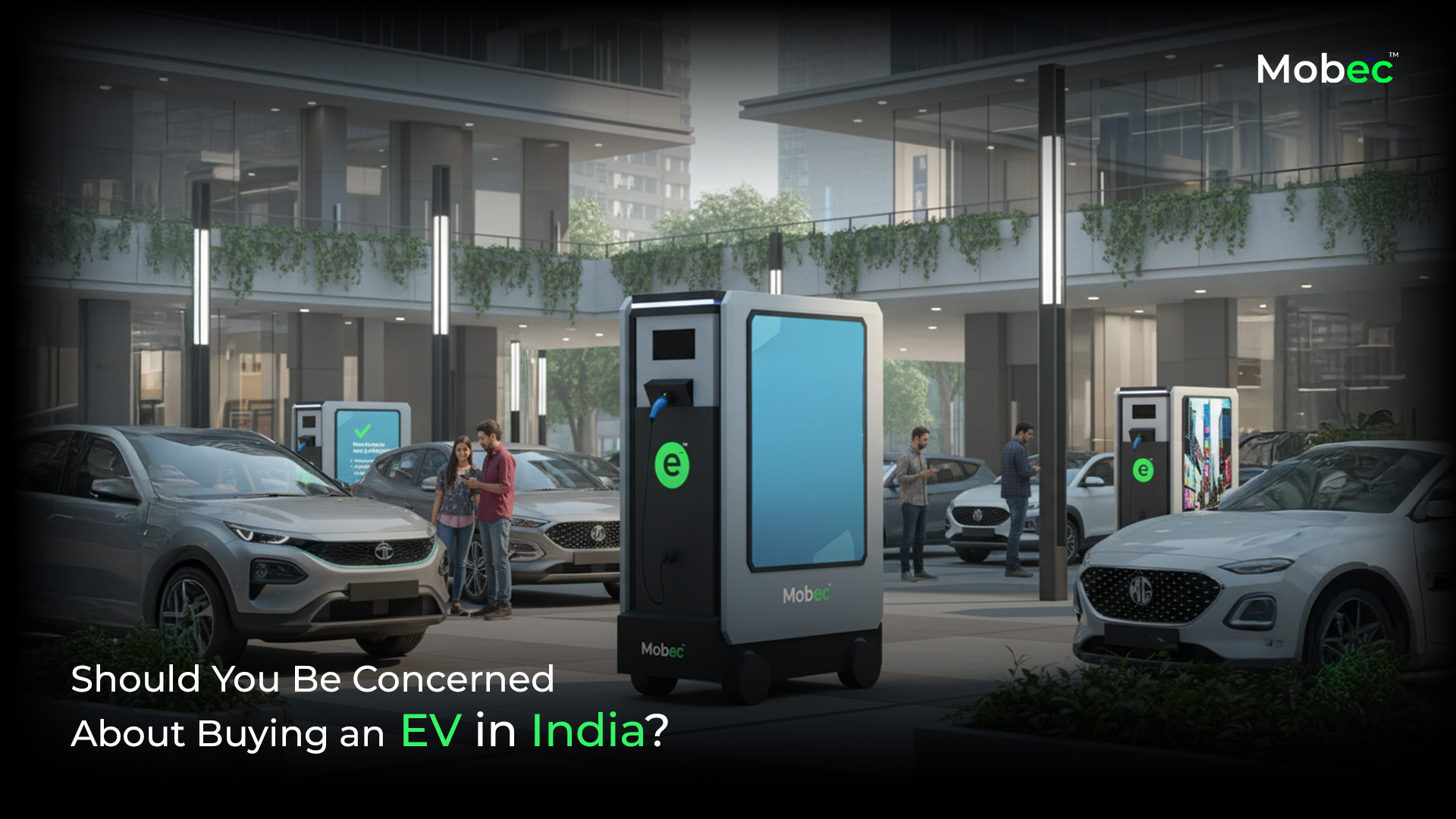Switching to an electric vehicle (EV) in India can feel both exciting and uncertain. While the buzz is real: zero emissions, low running costs, and future-ready mobility, it’s natural to wonder: Is it really worth it? Let’s explore the few real challenges, and then the many big reasons why EV owners are saying, “Yes, it’s worth it!”
The Real but Manageable Challenges
“An EV car charges to 80% really fast. After that, it slows down drastically.” – Reddit user
- Charging network gaps: Infrastructure is improving but still uneven, especially outside metros.
- Range anxiety: Real-world ranges (220–250 km) can vary with AC use and driving conditions.
- Higher upfront cost: EVs cost more initially, though they quickly make up for it through savings.
That’s it. The key takeaway? Most Electric vehicle owners agree – once you plan your routes and charging smartly, these issues fade into the background.
The Benefits That Outshine the Concerns
Massive Savings Every Month
“The Electric vehicle owner saves nearly ₹20,000 every month on running costs!” — Owner testimonial
Electric vehicles slash your running costs by 70–80%. With petrol and diesel prices climbing, they are an easy win for the wallet. Home charging costs are minimal, a few hundred rupees can take you hundreds of kilometers.
Smooth, Quiet & Powerful Driving
“So I hop in … see 37% battery and 56 km range… and man, it delivered with wheel spin, sharp acceleration, the whole Electric vehicle thrill.” – Reddit user
Instant torque, whisper-quiet drives, no gear shifts, Electric vehicle owners often say it’s hard to go back to petrol after feeling that smooth electric pull. The driving experience itself is part of the “EV high.”
Cleaner, Greener Lifestyle
Electric vehicles emit zero tailpipe emissions, cutting down city pollution and helping India move toward a cleaner energy future. Every kilometer driven on electric power is a small step toward a greener tomorrow.
Incentives & Tax Benefits
Almost every Indian state now offers subsidies, reduced road tax, and registration benefits for EV buyers. Many also support home charging installations. Plus, fewer maintenance needs (no engine oil, no clutch) mean you save even more over time.
Here are a few state-wise incentives and subsidies in India that Electric vehicle buyers can benefit from:
- Delhi: up to ₹1.5 lakh subsidy for four-wheelers + 100% waiver on road tax and registration.
- Gujarat: The policy provides a capital subsidy of up to ₹10,000 per kWh for electric vehicle purchases.
- Maharashtra: The 2025 EV Policy offers 10–15% purchase incentives, 100% tax and registration fee waiver, and toll exemptions on major expressways.
Real Owners Speak
“For someone who primarily uses their vehicle for intra-city travel… I can confidently say that four-wheel personal Electric vehicles are the ideal urban solution. They are clean, quiet, responsive and cost-effective.” – Bala Pachyappa (Owner; 1 lakh + km Electric vehicle use)
“Customers told ET that they were on average getting a range of 220-250 km per charge from their electric Nexon…” — Reddit user
Different Electric vehicles today offer reliable city ranges, easy daily usability, and charging convenience, making them clean, cost-effective, and surprisingly practical for urban lifestyles.
So, Should You Be Concerned?
Only a little, but not enough to stop you.
With Mobec’s portable EV-charging systems, ultra-fast chargers and advanced lithium battery technology, worry about finding a plug or waiting hours disappears. Whether you’re at home, at work or on the move, Mobec delivers “charge anywhere, anytime”. Our end-to-end energy storage and recycling solutions further ensure reliability and sustainability. With Mobec in your corner, charge anxiety becomes a thing of the past – you’re simply powered, ready, and free to focus on the ride.
In the long run, Electric vehicles are cleaner for the planet, cheaper to run, and a glimpse of the future that’s already here.




